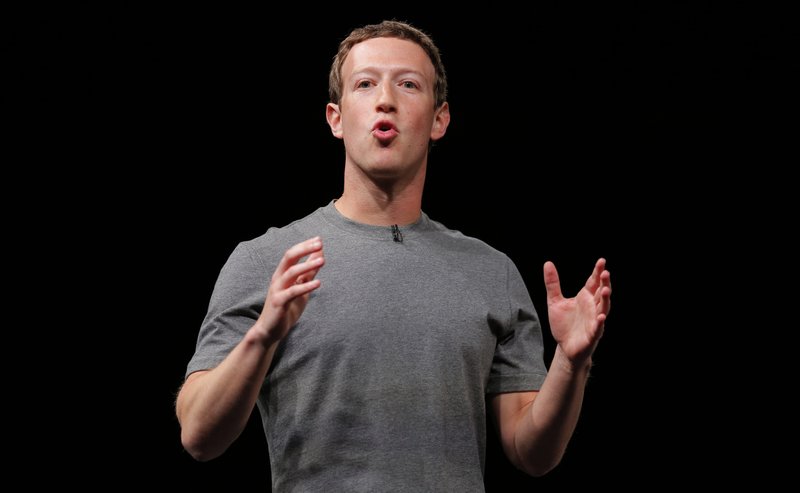WASHINGTON -- President Donald Trump on Friday called allegations of Russian election meddling a "hoax" and insisted that the media were the "greatest influence" on the 2016 campaign.
Trump's tweets early Friday appeared to respond to Facebook's announcement that the social media giant will provide to congressional investigators the contents of 3,000 ads bought by a Russian agency.
"The Russia hoax continues, now it's ads on Facebook. What about the totally biased and dishonest Media coverage in favor of Crooked Hillary?"
He later added: "The greatest influence over our election was the Fake News Media 'screaming' for Crooked Hillary Clinton. Next, she was a bad candidate!"
[RUSSIA REPORT: documents on Russian interference in election ]
Facebook has faced growing pressure from members of Congress to release the content of the ads. The company has already handed over the ads to the special counsel investigating Russian interference in the 2016 U.S. presidential election.
Facebook also says it will now require political ads to disclose both who is paying for them and all ad campaigns those individuals or groups are running on Facebook.
Also Friday, the federal government told election officials in 21 states that hackers targeted their systems before last year's presidential election.
The notification came roughly a year after U.S. Department of Homeland Security officials first said states were targeted by hacking efforts possibly connected to Russia. The states that told The Associated Press that they had been targeted included some key political battlegrounds, such as Florida, Ohio, Pennsylvania, Virginia and Wisconsin.
[PRESIDENT TRUMP: Timeline, appointments, executive orders + guide to actions in first 200 days]
The others that confirmed they were targeted were Alabama, Alaska, Arizona, California, Colorado, Connecticut, Delaware, Illinois, Iowa, Maryland, Minnesota, North Dakota, Oklahoma, Oregon, Texas and Washington.
Being targeted does not mean that sensitive voter data was manipulated or results were changed. A hacker targeting a system without getting inside is similar to a burglar circling a house checking for unlocked doors and windows.
Even so, the widespread nature of the attempts and the yearlong lag time in notification from the Homeland Security Department drew criticism from some election officials and lawmakers.
The Homeland Security Department said it recognizes that state and local officials should be kept informed about cybersecurity risks to election infrastructure.
"We are working with them to refine our processes for sharing this information while protecting the integrity of investigations and the confidentiality of system owners," it said in a statement.
The government did not say who was behind the hacking attempts or provide details about what had been sought. But election officials in three states said Friday that the attempts were linked to Russia.
Information for this article was contributed by Geoff Mulvihill, Jake Pearson and other staff members of The Associated Press.
A Section on 09/23/2017
